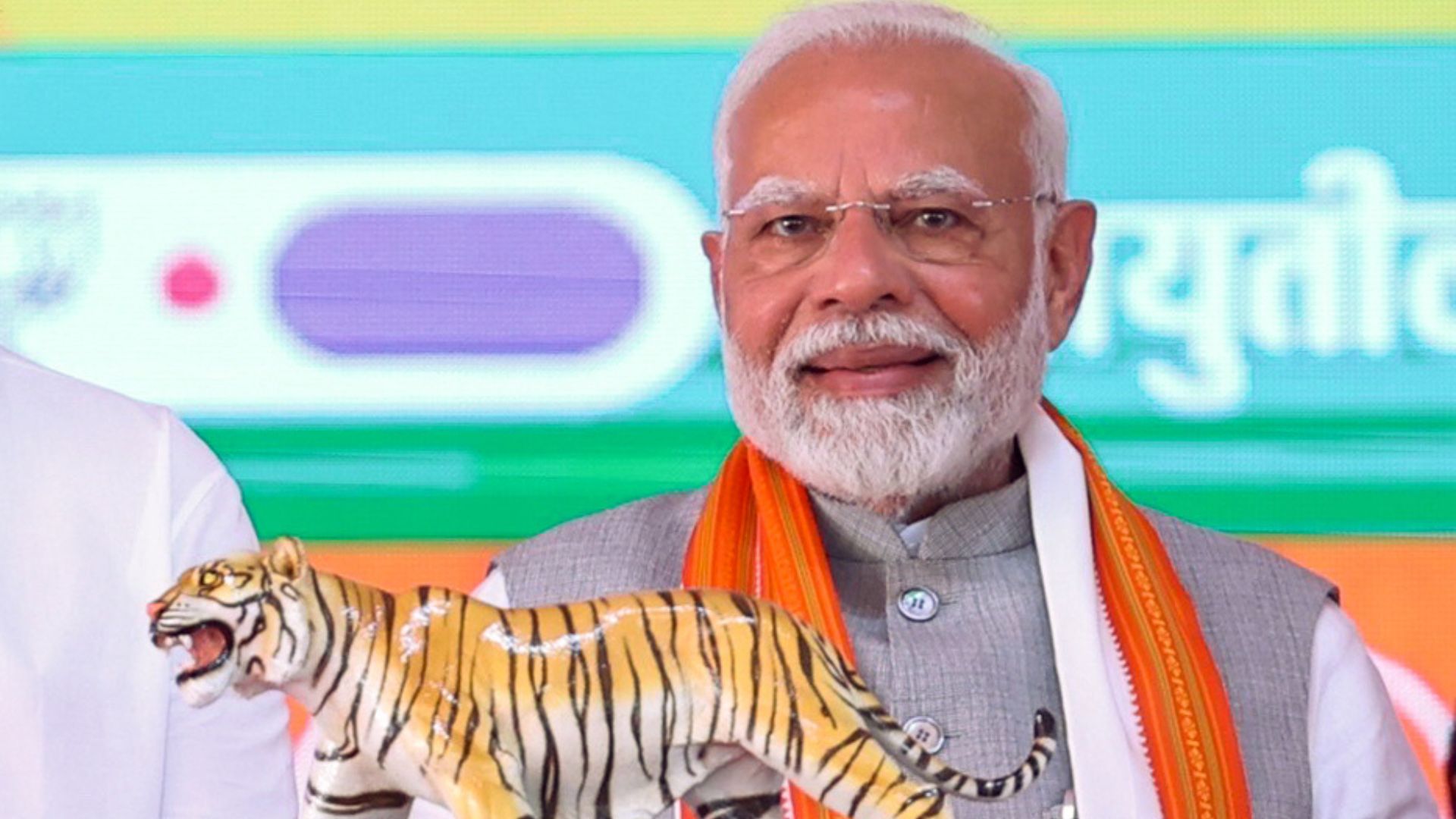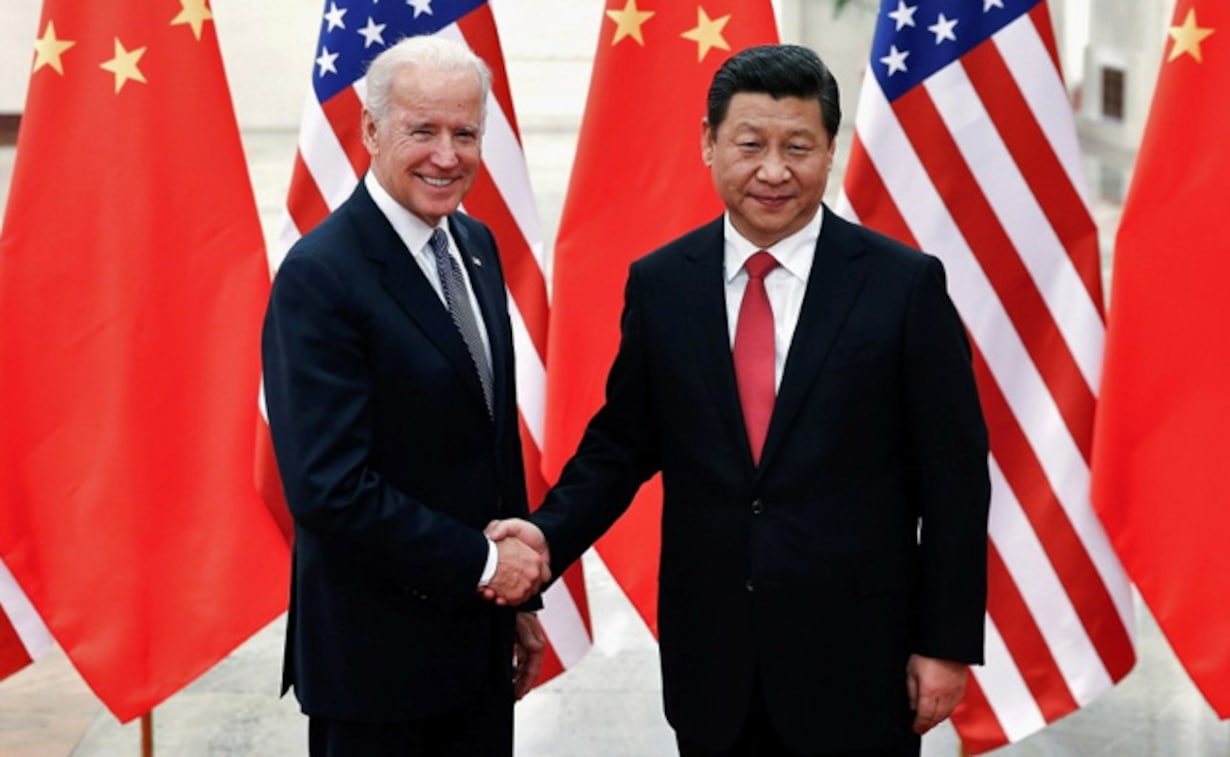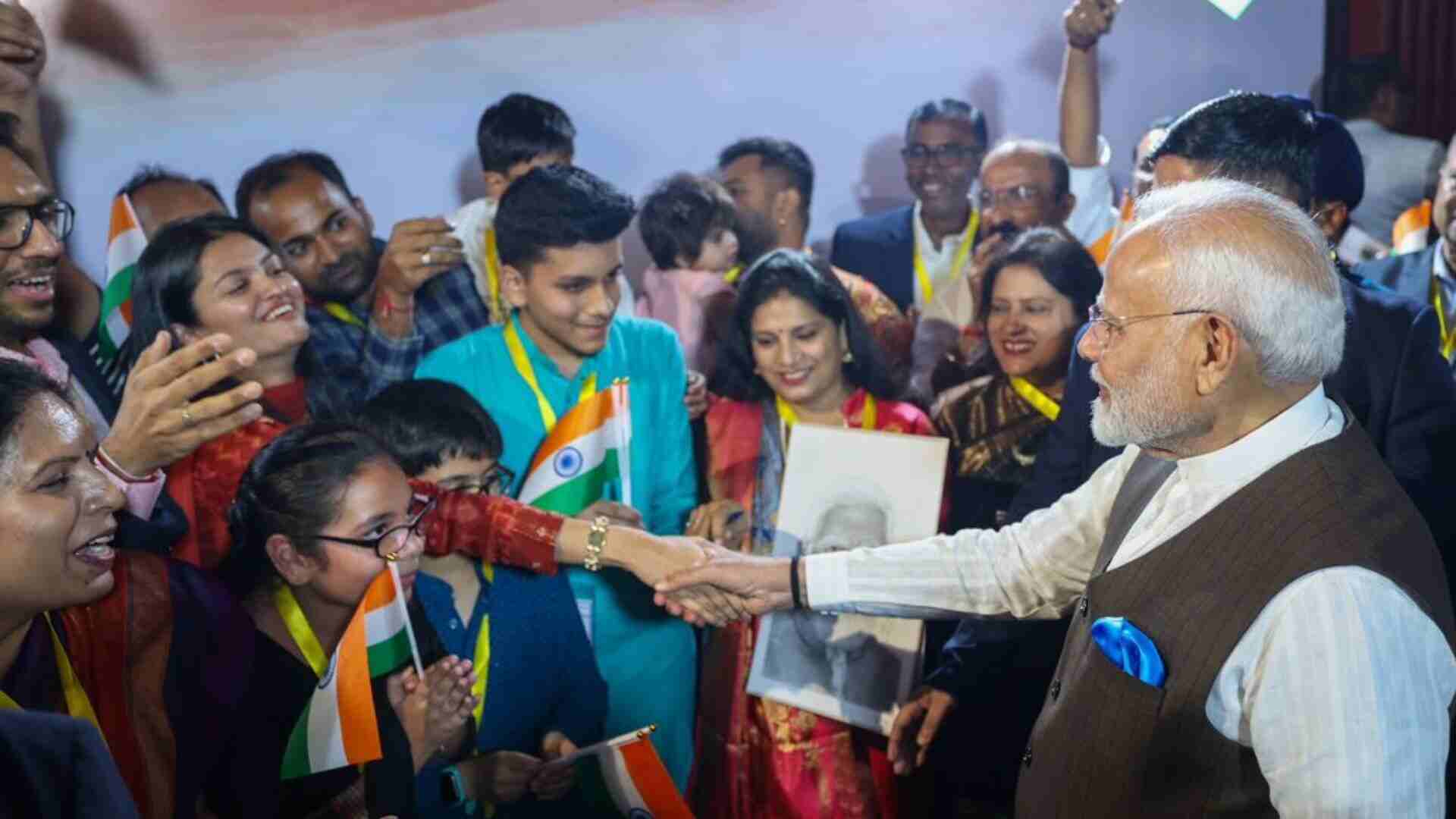
In a 196-page report titled, “Military and Security Developments Involving the People’s Republic of China 2022”, which the Pentagon presented to the US Congress, India finds several mentions in the context of the threat that China’s aggressive military policies pose to India’s territorial integrity. At one place the report mentions, “PRC officials have warned U.S. officials to not interfere with the PRC’s relationship with India.” This is quite telling, for it shows that China is rattled about the burgeoning defence and economic relations between India and the US, which may prove to be a deterrence for China’s expansionist and economic policies. In fact this week’s Yudh Abhyas military exercise—the 18th edition—between India and the US is taking place at Auli in Uttarakhand, inside 100 km of India’s border with China. The significance of the location wouldn’t have been lost on China. While expressing irritation about India-US relations, China forgets that, but for its malevolence, its aggression, its attempts to keep India hyphenated with Pakistan, but for the existential threat it poses to India, the latter would not have looked at partnering with like-minded countries to try and ensure that it can live in a relatively safe neighbourhood. As for the US, given China has set itself the goal of dethroning the US and becoming the world’s sole superpower by the middle of the century, and that too by malign means, it shouldn’t come as a surprise that the US should try and build counters to China. And there is no better candidate for this than India, with its size, its human resources, its growing military and economic clout and its footprint across the globe.
There is no harm in countries aspiring to be a superpower and a world leader, but the problem starts when a totalitarian state like China harbours imperialist ambitions and makes it its goal to remake the world with Chinese Communist characteristics. The muzzling of free speech, systematic persecution of ethnic groups, waging a political warfare on the world, debt-trapping poor countries while exploiting their resources, crippling the world by unleashing a deadly virus on it are not qualities that make a country a world leader. One of the several things that work in the US’ favour is its enormous soft power, which has the whole world, ironically, even China aspiring to have that sort of influence. But China does not have it. For instance, however might the Chinese hope for it, the Mandarin language will never become the lingua franca of the world, the way English is. China does not understand its limitations—rather it lives in an alternate reality fuelled by dubious history, where half of Asia is Chinese territory because of a couple of sentences mentioned in a book written centuries ago. And this even as it tries to bring back the era of the Middle Kingdom where the Chinese emperor rules and the vassal states pay tributes.
Ironically, but for US help, China wouldn’t become the economic powerhouse it is at present. If China is the world’s manufacturing hub, it is because the US, and to an extent Japan, helped it become the behemoth it currently is. The US hoped, even as recently as during Barack Obama’s presidency, that the economic mainstreaming of China would make it a more open country, mindful of human rights and values, but that did not happen.
Trading with China comes with the risk of it dumping low-cost, low-quality products on its trade partners. India’s trade deficit with China is in the region of $75 billion, while the US has a trade deficit of around $45 billion with India. It’s but natural that India will want to strengthen its trade partnership with the US. Even otherwise, it is primarily in the US that all the high-end technical and other innovations are taking place and India needs a strong partnership with the US to get access to that. In fact, India must decouple from China and however painful it might prove to be initially, supply chain resilience has to be achieved. China has a problem with India-US relations because it is afraid of having a global military and economic powerhouse right on its borders. But it need not have been like this. The 21st century was supposed to be the Asian century, with China and India building it together. But China wanted it to be the Chinese century and the consequences of that are there for all to see. The problem is in the nature of the beast. China does not admit that.
Joyeeta Basu















